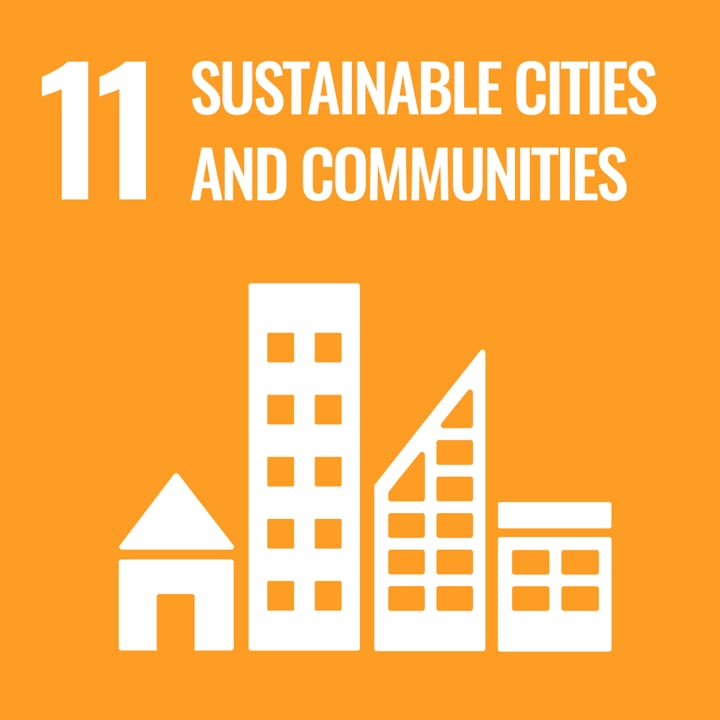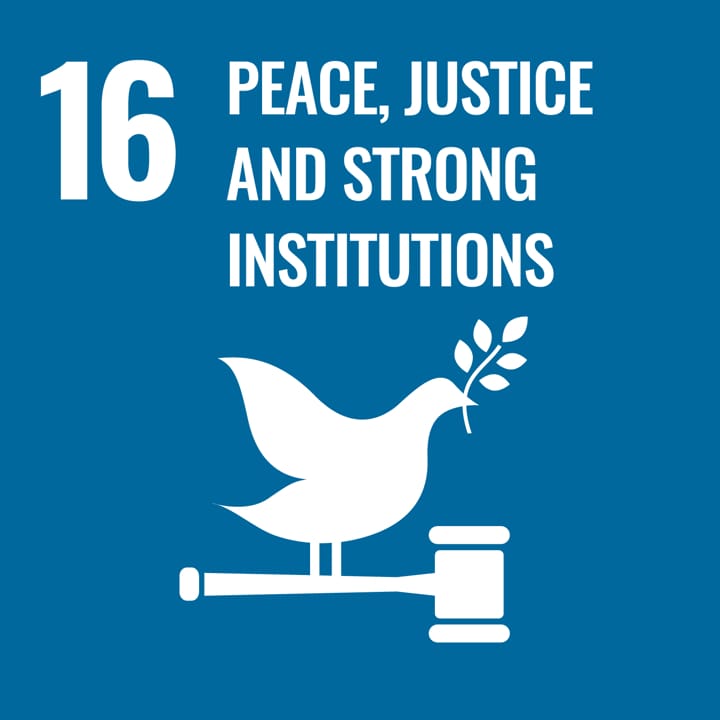
Vorgesehener Endnutzer: Teacher, School Leader
Altersgruppe: Untere Primarstufe; Obere Primarstufe; Untere Sekundarstufe; Obere Sekundarstufe
Lehrplan der Schule: Cross-curricular
Themen und Fragestellungen: Collective Action, Power & Influence, School Leadership
Dauer: Ongoing.
Art der Ressource: Leitlinien & Hinweise, Referenzdokument
Schlüsselwörter: Open Schooling, Teacher, School Leader, School Head, Toolkit
Sprachen: Englisch
Beschreibung
This toolkit is for those core stakeholders who wish to improve education provisions locally by making the school they have a stake in open or more open than before. You are likely to assume that in most cases the initiative comes from the school leader – who needs to advocate their staff, parents, students and the financing authorities for such changes – or a teacher – whose primary advocacy target will be the school leader and colleagues, but also parents. But practical experiences show open schooling activities are more often initiated by non-formal education providers, parents or local communities. It is not unheard of that the students themselves advocate for a more open school.
Thus, in this toolkit we are offering ideas, guidance and tools for all of these stakeholders to support their successful advocacy work for (more) open schools, and subsequently more inclusive quality education.
Wie Sie diese Ressource nutzen können
The implementation of Open Schooling as a strategy requires a process of institutional learning and a fundamental change in how schools are perceived by various stakeholders.
This Toolkit for Educators – be them school professionals, non-formal educators, or informal educators like parents or the students themselves – is designed to support this change. However, this is not a linear process but rather an adventure. Different people will start from different harbours and will have diverse routes to success as well as different aims.
When the team was designing the Toolkit, we decided to use an adventure book format for delivering it to the reader. You can read it from cover to cover, you can also browse its pages, but we are offering you various routes depending on your interest. You will see that after certain sections there are questions recommending you to set sail to another part of the Toolkit. This is the reason why we also chose the A5 format.
If you print the pdf, it will become a book that is easy to navigate. If you are reading it on the screen, the recommendations to set sail to another chapter are interactive, so you can simply click on them.
Die Ressourcen
Open Schooling Advocacy Toolkit for Educators (PDF):
Learning Outcomes (Teachers)
- Anwendung einer Reihe von geeigneten Instrumenten und Rahmenwerken zur Förderung des bürgerschaftlichen Engagements von Studierenden im Bereich Nachhaltigkeit
- Reflektieren Sie die Praxis und untersuchen Sie die nationalen Lehrpläne, um Möglichkeiten zur Förderung der nachhaltigen Bürgerschaft auf interdisziplinäre Weise zu identifizieren und mit externen Interessengruppen in Kontakt zu treten.
- das Wissen, die Instrumente und den Rahmen gemeinsam zu synthetisieren, um Bildungsmaterialien und Unterrichtspläne zu erstellen, die an ihren eigenen lokalen Kontext angepasst sind
- Durch Workshop-Aktivitäten und Praxisgemeinschaften werden Kapazitäten und Handlungskompetenzen von Lehrkräften und Führungskräften im Bereich Sustainability Citizenship aufgebaut.
Lernergebnisse (Leadership)
- Elicit prior knowledge and further develop knowledge and comprehension of key Sustainability Citizenship concepts to challenge established worldviews and values.
- eine Reihe von geeigneten Instrumenten und Rahmenwerken zur Förderung des bürgerschaftlichen Engagements für Nachhaltigkeit in ihren Schulen und Gemeinden anzuwenden.
- Examine their own national/regional curricula, educational policies, programmes and external stakeholders to identify opportunities to promote Sustainability Citizenship in their schools and communities.
- Gemeinsam Wissen, Instrumente und Rahmenbedingungen zusammenführen, um eine Vision für die Schaffung eines Schulumfelds zu entwickeln, das die Entwicklung einer nachhaltigen Bürgerschaft in ihrer Gemeinschaft unterstützt.
- Through workshop activities and communities of practice, build capacity as Sustainability Citizenship educators and leaders.
Grüne Kompetenzen
- Komplexität in der Nachhaltigkeit berücksichtigen: Systemdenken; Kritisches Denken; Problemstellung
- Visionen für eine nachhaltige Zukunft: Adaptability
- Handeln für Nachhaltigkeit: Kollektives Handeln
Creative Commons

The PHERECLOS Project was funding by the European Commission through Horizon 2020. This funding requires material produced by the project to be categorised as Open Educational Resources, be easily accessible and retrievable without cost or limitations, and allow the public to use, reuse, adapt and share the resource.
SDGs




